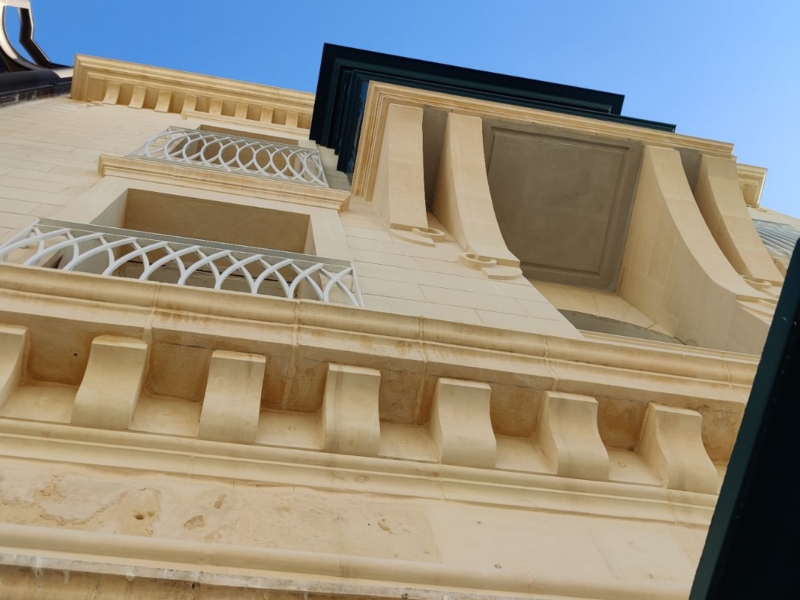Our actions today shall forge tomorrow’s future.
Meanwhile, our continued economic and physical well-being will depend on how much we succeed in learning from past mistakes, planning, adopting new working methods and embracing new technologies. Therefore, all stakeholders in the sector, including developers, professionals, contractors, tradesmen and investors, must work together towards these common goals. The need for a more innovative, sustainable and carbon-neutral construction sector has been highlighted over and over again. I underline the need for all stakeholders to elevate the importance of buildings’ aesthetics and how these should complement their surroundings while respecting Malta’s outstanding heritage.
During an evening event held at MUŻA by the Planning Authority, it is was really encouraging to see the energy, drive and creativity of our future architects and participants in the Archivisit experience by the Society for Architecture & Civil Engineering Students (SACES); It is necessary we appreciate and celebrate some of Malta’s most outstanding architectural and spatial planning projects. Indeed, breakthrough works such as these underpin how much the construction sector can serve as a force for good in this country.
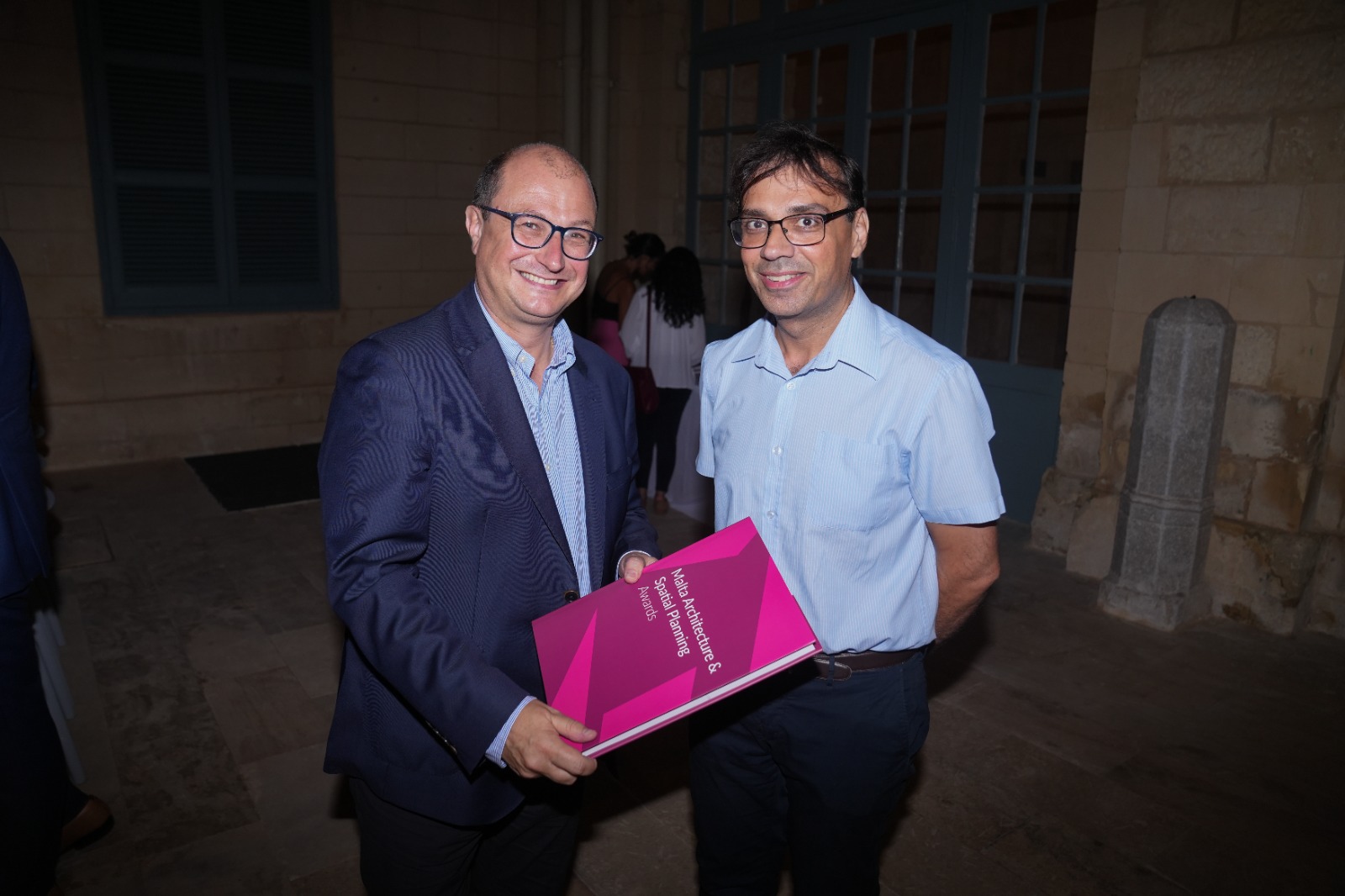
I also commend the winners of this year’s Malta Architecture and Spatial Planning (MASP) Awards. This award serves to give recognition to architects, interior designers, university students and any person who has made an outstanding contribution over the years through research, education, theory or practice of architecture and the built environment. A means of showcasing best practices. The spirit of this prize very much fits the type of future that the government envisages for this sector, one built on excellence and a positive contribution to society. Let these exemplary projects catalyze more positive change and serve as inspiration to others.
The government is working to secure our nation’s future in construction by investing in education at all levels, while empowering competent authorities such as the Planning Authority and the Building and Construction Authority to achieve their aims. Additionally, we are working on ways to educate the public about these authorities’ mission and purpose. We cannot succeed without public support. This understanding is necessary, as change is needed for a purpose, and this is for the common good.
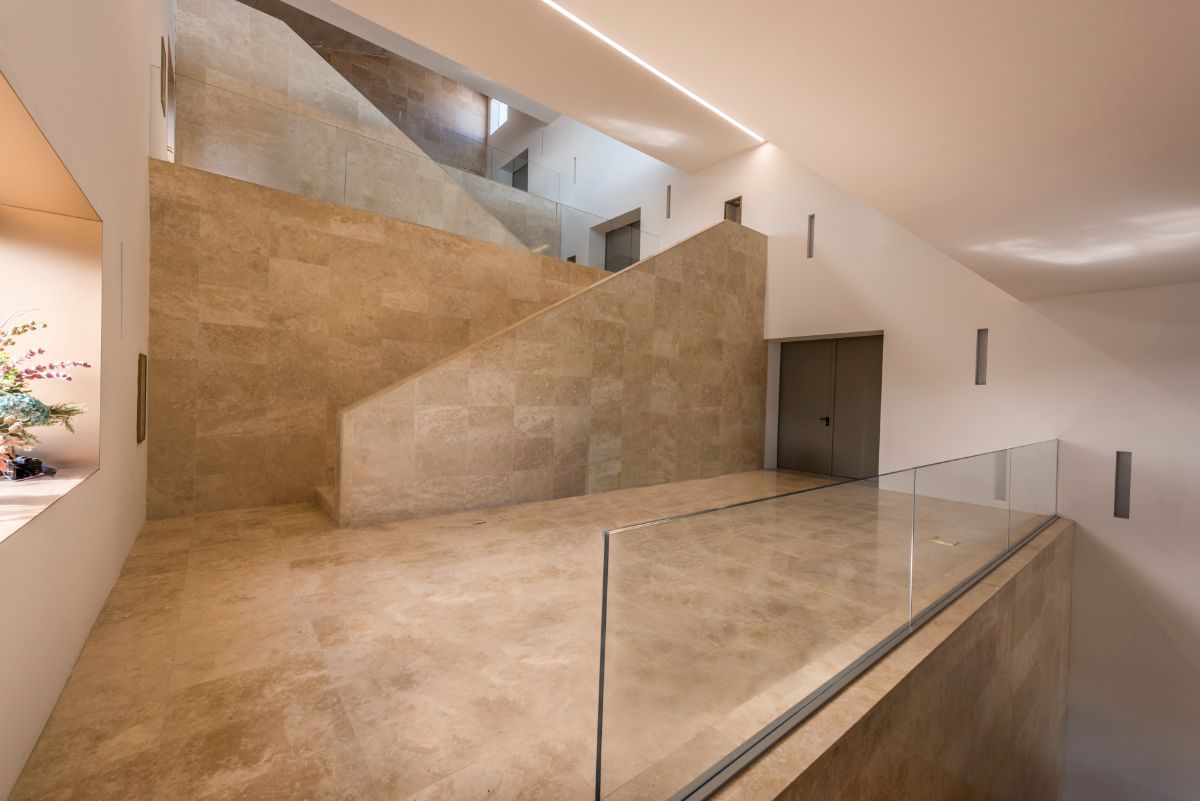
Sterling HQ, San Gwann
The way forward is to help steer the Building & Construction industry towards adopting the necessary change in its processes and practices. A key to the success of this gradual process is the creation of greater awareness and improved education at all levels. There is a need to regenerate vocational subjects and recognize new skills, such as green jobs and technical professionals, as well as upscale and generate innovative practices and regulatory aspects to ensure that the sector moves on to new standards.
In an increasingly competitive and unstable world, Malta’s success in real estate and foreign direct investment will depend on how much we continue to raise local standards.
Future success will depend on how much we protect and improve our architectural heritage, the environment, and our community’s quality of life today. We cannot afford to get any of these three areas wrong.
Furthermore, we must continue to work towards a construction sector that works more harmoniously with the community – while showing good neighbourliness. We must work towards an industry that is less polluting to the environment, not just in terms of improved air quality and better ways of dealing with its waste, but also in terms of less noise pollution.
Affluence and economic growth are not enough. Malta needs to up its game where the quality of our living environment is concerned. We also understand that people need to enjoy nature and the outdoors, as these are essential qualities of a good and healthy standard of living. I believe that the Periti need to take the lead and give direction, not simply take the brief from your clients. People look up to you and your profession. Let’s steer our construction sector to greener and more attractive postures. Your input is crucial.
Our projects must prioritize aesthetics while respecting, as far as possible, our neighbourhoods.
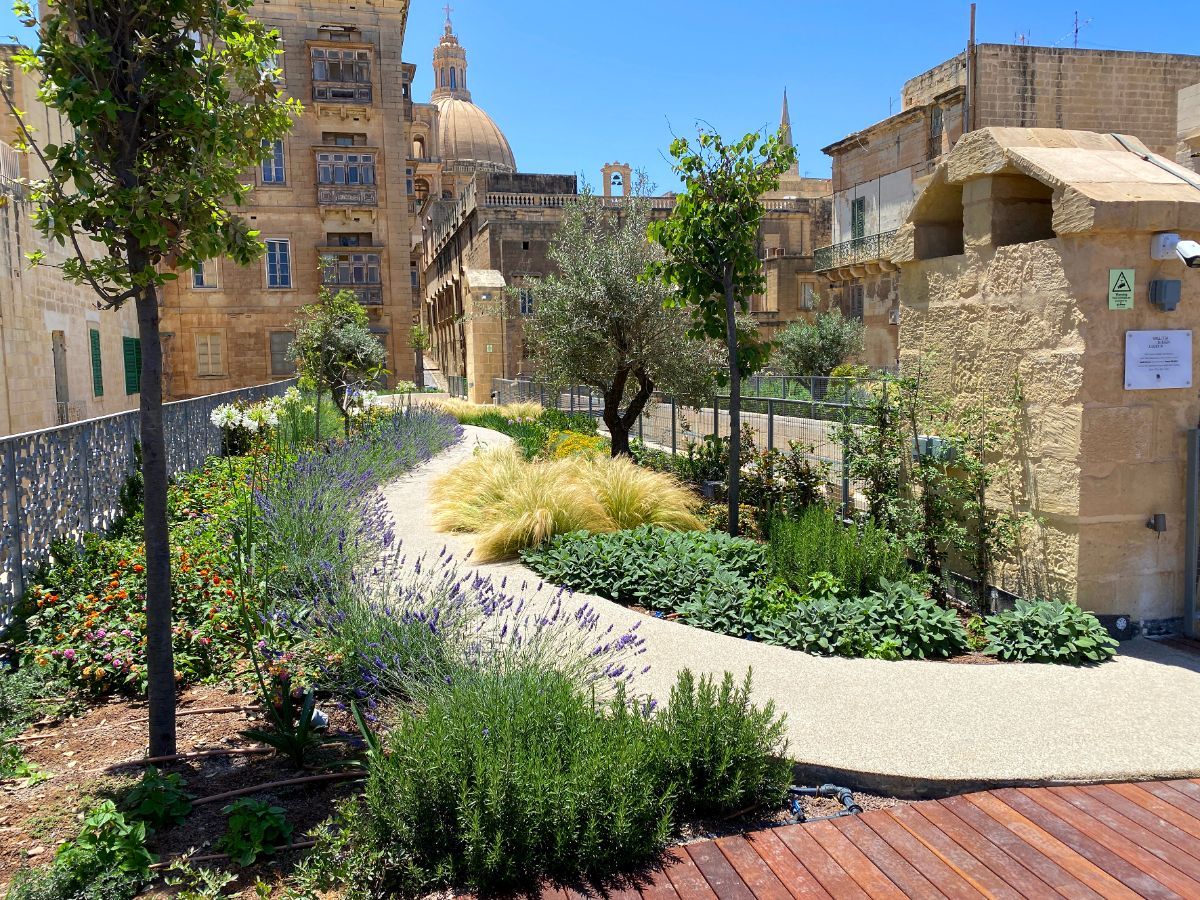
Roof Garden – Valletta Design Cluster
Aesthetics come at a cost, yet yield unlimited value. We need less greed and more consideration for the aesthetical values of our buildings in respect of our country’s history and character, before it is too late. Our objective is for the construction sector to be better regulated, with improved laws on the licensing of contractors, as well as introducing building codes and measures to upgrade the skills of all workers in the industry.
The Planning Authority has been tasked with the update of the Strategic Plan for Environment and Development (SPED) and introduce new indicators to ensure that SPED is meeting its objectives to protect our country’s rural and urban environment.
The government is committed to ensuring that urban conservation areas (UCAs) are irrevocably defined, except for widening and including other sites in the scheme. The government plans to introduce a buffer zone around urban conservation areas so that there is a gradual change for the better in the aesthetics of our towns and villages. On the same lines, we are looking closely at scheduled second-tier buildings with new incentives to encourage owners to restore these buildings and open them to the public where possible.
When approving development permits, the responsible authorities must give more importance to environmental impact and renewable energy aspects.
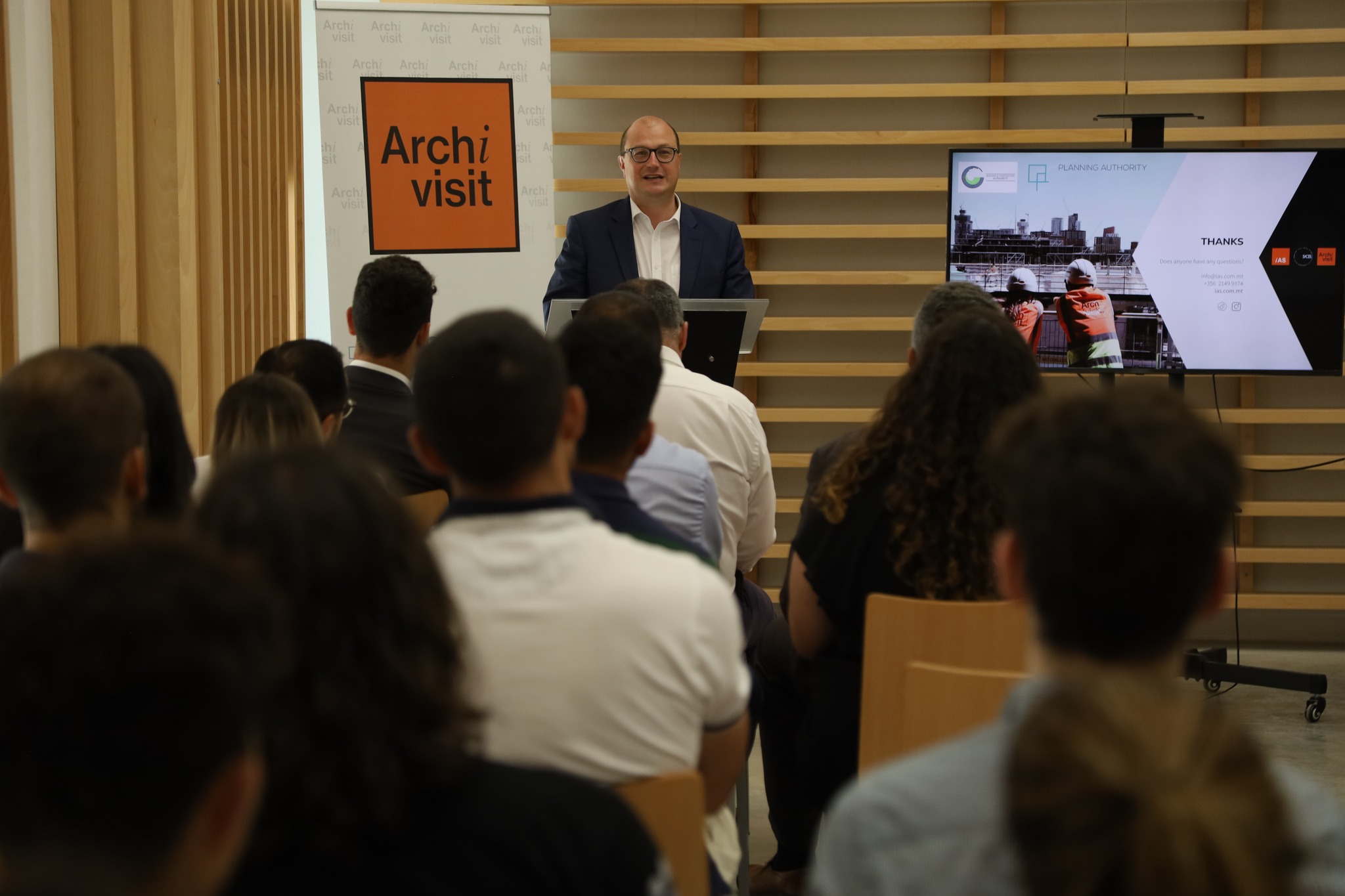
At this stage, the Archivisit initiative by the Society for Architecture & Civil Engineering Students (SACES) comes to mind; this project augurs well for the future of the architecture profession in Malta. It shows that an active drive to learn and adapt from other countries’ success stories is the way to go. The more initiatives of this type there are, the better.
We may be an island, but our insularity is no limit to our potential. We cannot stay put, perpetuating old style and discarded work habits. We must get out of our comfort zone and look for more innovative ideas and technologies. We cannot afford to repeat the misgivings of the recent and not-so-recent history where construction and planning are concerned. We must act now.
We need to spearhead the creation of a construction eco-system, embracing good governance, policies and tailormade practices that support networking platforms promoting compliant and sustainable buildings.
We must ensure that any development is carried out with the least possible inconvenience to residents and the surrounding environment.
There is a lot of work to do, but I am determined to see it through and excited about our prospects. The Long-Term Renovation Strategy being put forward is a game-changer and is ambitious in its scope.
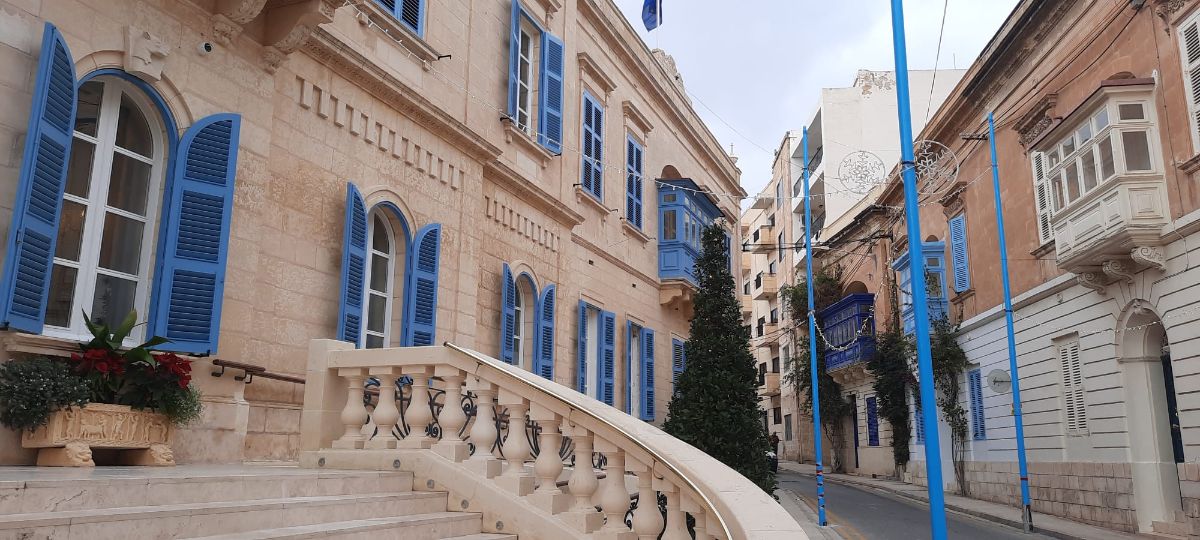
Imperial Residential Home, Sliema
The government is committed to leading by example, and this strategy manifests this commitment as it also focuses on achieving more energy-efficient systems in public buildings. We expect the private sector to follow suit.
We can make it by working together! Armed with our nation’s heritage, collective skills, vision and determination to bring about positive change, we are envisaging a quantum leap forward in construction and planning, which is a step towards a better quality of life for all.
Our commitments will not only help Malta strengthen its economic and environmental well-being but do much, much more.
